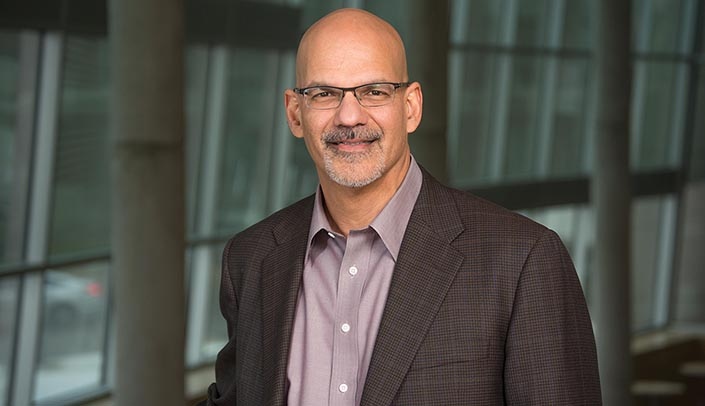The Behavioral Health Education Center of Nebraska (BHECN) has received a four-year, $1.1 million grant to increase the number of behavioral health paraprofessionals in rural and medically underserved areas of Nebraska.
The grant, funded by the Health Resources and Services Administration (HRSA), an agency of the U.S. Department of Health and Human Services, will provide full tuition and laptops for 70 non-traditional students each year to become community health workers and provisionally licensed addiction counselors.
With an emphasis on recruiting rural, low-income and minority students, upon completion of training, students commit to work in rural or medically underserved areas of Nebraska.
“This is a unique opportunity for non-traditional students to gain the knowledge and entry level experience in the behavioral health profession, and this training can be a stepping stone to further education and career advancement in the field,” said Project Director and BHECN Co-director, Brent Khan, Ed.D.
“Nebraska also experiences a shortage of mental health professions in 88 of our 93 counties,” Dr. Khan added. “In collaboration with recruiting, education and clinical partners across the state, this is an exciting opportunity to make an impact in these shortage areas to increase access to care.”
“More than half of the licensed alcohol and drug counselors (LADCs) in Nebraska are over the age of 55, nearing retirement age,” said Christine Chasek, Ph.D., LADC, associate professor, University of Nebraska at Kearney, Counseling and School Psychology. “We’ve seen a significant drop in LADCs since 2014, and this model will help fill the gaps we are experiencing in the workforce.”
Recruiting will begin this fall for 35 students interested in completing the community health worker (CHW) certificate program and for 35 students interested in completing the addiction counseling program to become a provisionally licensed alcohol and drug counselor (PLADC). Education partners include Central Community College, Northeast Community College and Bellevue University.
On-site clinical training will be provided in collaboration with Munroe-Meyer Institute’s integrated care clinic sites and other community health centers, such as Midtown Health Center in Norfolk, Community Action Partnership of Nebraska in Gering, and Community Alliance in Omaha.

The need is great. Congrats to Brent and team!